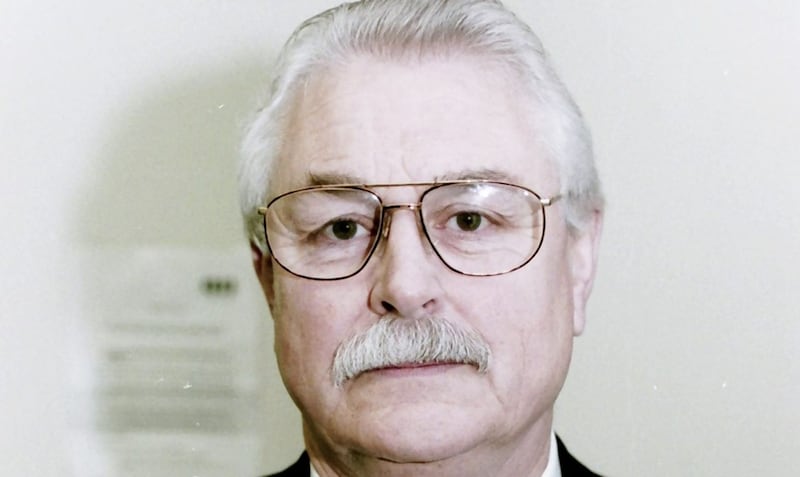THE nervousness of the British Prime Minister John Major at the impact of troop reductions in Northern Ireland on Tory backbenchers in response to the ceasefires is disclosed in previously confidential files from 1995.
Mr Major was at this time reliant on the Ulster Unionists due to a significant phalanx of Eurosceptic rebels in his own party.
In a letter from 10 Downing Street to Martin Howard of the NIO on March 12, 1995, Roderick Lyne, private secretary to the prime minister, reported he had discussed the withdrawal of one major army unit with Mr Major on a flight to Israel.
Mr Lyne noted the premier was "concerned about the political side-effects" of the announcement.
However, on the ground that any delay would see the troops "cooped up in unsatisfactory barracks", Mr Major agreed to an announcement of the decision if, after further contact with Secretary of State Sir Patrick Mayhew and the whips, "there is no overriding political obstacle".
The prime minister, Mr Lyne informed the private secretary to Sir Patrick, deemed it "sensible" to consent Archbishop Robin Eames, the Church of Ireland primate.
In addition, Andrew Hunter and other leading Tory backbenchers should be briefed.
They might, Mr Major suggested, be "told in confidence" that the government had consulted the Ulster Unionist MP, Ken Maginnis "and at his request, held off this announcement until after Sinn Féin's Ard Fheis".
Finally, Mr Lyne directed that the Irish and US governments should be briefed on the matter but that they should be told that it would be "most unhelpful if they were to put a political spin" on it.









